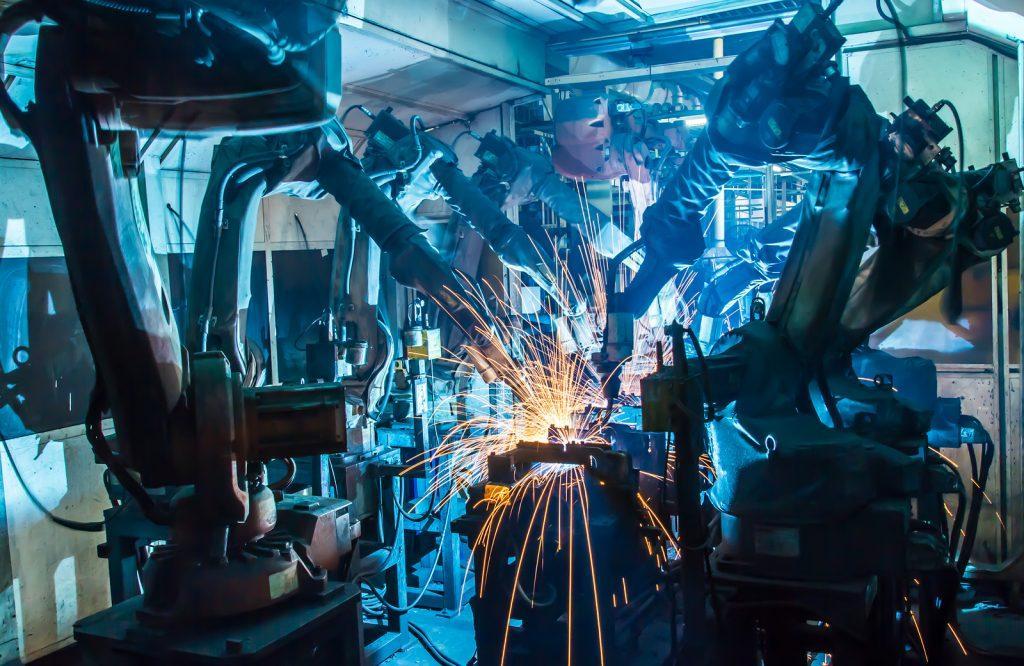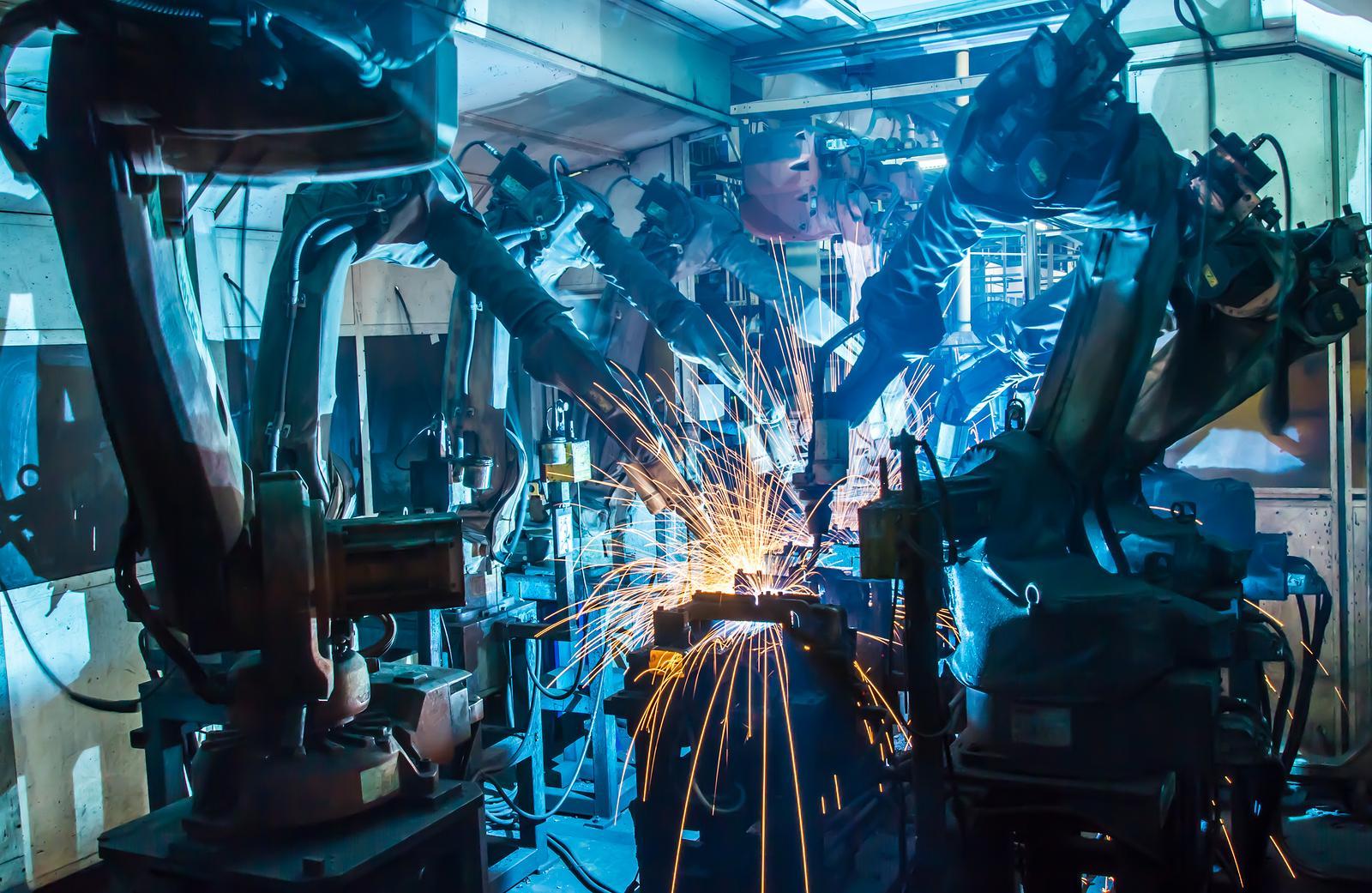Almost a third of jobs could be under threat by the year 2030 according to research from accountancy firm PwC.
The professions most at risk from automation and new technologies were in the retail and manufacturing industries. 30% of jobs in the UK are at a high risk of automation, in comparison to 38%  in the US, 21% in Japan and 35% in Germany.
in the US, 21% in Japan and 35% in Germany.
Chief economist at PwC, John Hawksworth said in an interview with the BBC that the jobs most at risk were “more manual, routine jobs” which “can effectively be programmed”. Those that are safer are “jobs where you’ve got more of a human touch, like health and education.”
He also pointed out the example of rail strikes being partly due to automation. “You can already see on the railways that all these strikes are not unrelated to the move towards driverless trains”.
Industries most affected
In transportation and storage, 56% of jobs are at high risk of automation, 46% are in manufacturing, 44% in wholesale and retail trade and 37% in admin. On the other end of the spectrum, only 9% of education jobs are at risk, followed by health and social work at 17%.
The report did say that it is likely that the nature of some jobs will change rather than disappear altogether. “Ultimately, people are going to have to be more adaptable,” Hawksworth added.
It has called on the government to provide more training for those in lower skilled jobs over the next 10 to 20 years.
PwC have said that automation is more likely to affect men than women as they’re more likely to work in industries like manufacturing where automation is thought to have the most impact. 35% of men were identified as being at being replaced by AI, as opposed to only 26% of women.
Economic benefits
PwC also said that automation could end up creating more wealth and jobs elsewhere and that ultimately, Artificial Intelligence would end up boosting the economy.
“In many ways automation is a good thing. It’s going to boost productivity, a big problem for the UK recently, and increase incomes… which will increase demand for human jobs in other areas,” Hawksworth says.
The report has suggested that due to the record-low levels of unemployment, outsourcing could actually free people in order to do more valuable work. There has also been talk from people like Bill Gates of introducing a “robot tax” to make companies who replace jobs with AI give back.
Are you worried about the future of automation or are more optimistic about its effects on the economy? Please leave your thoughts in the comments.




Leave a Reply